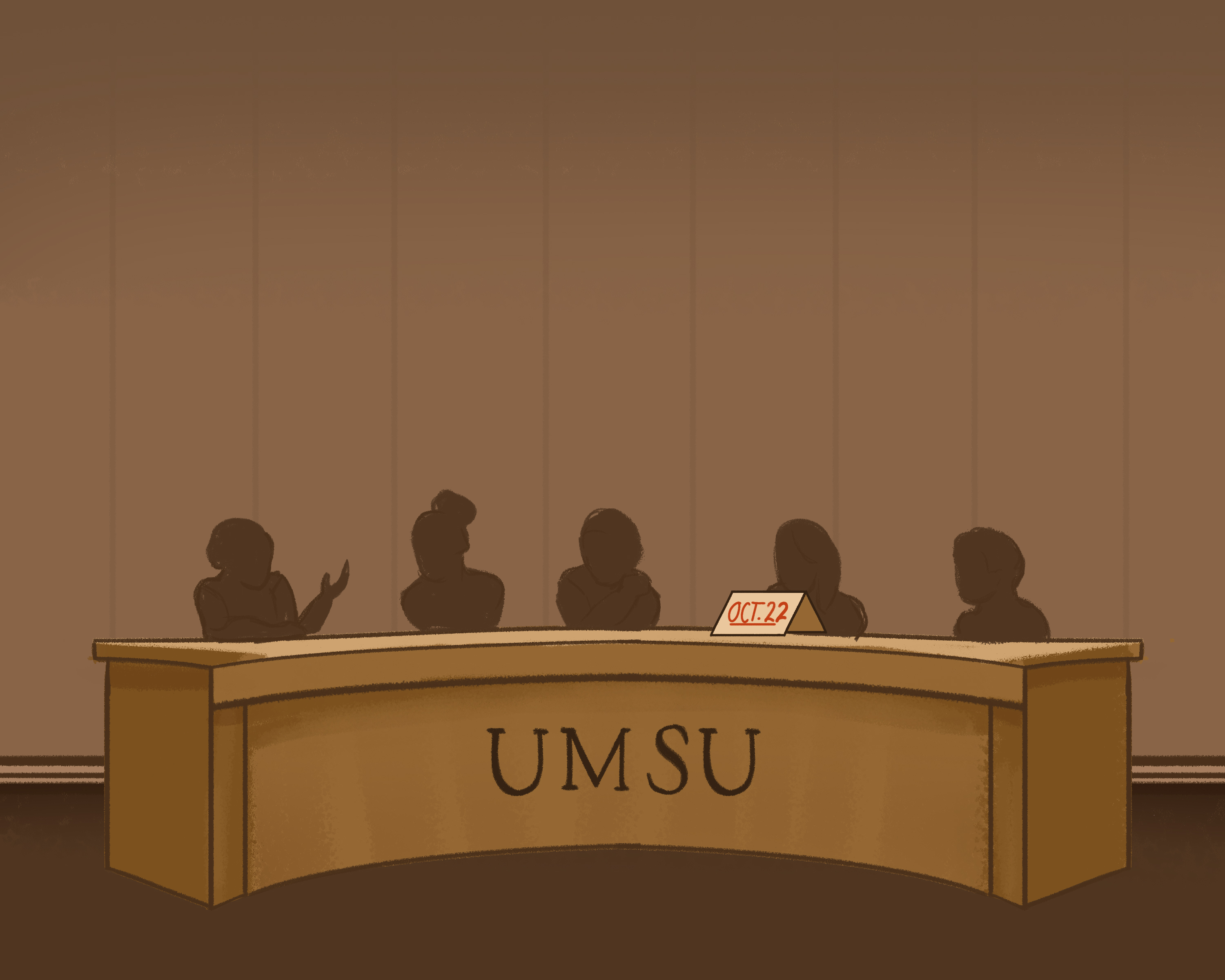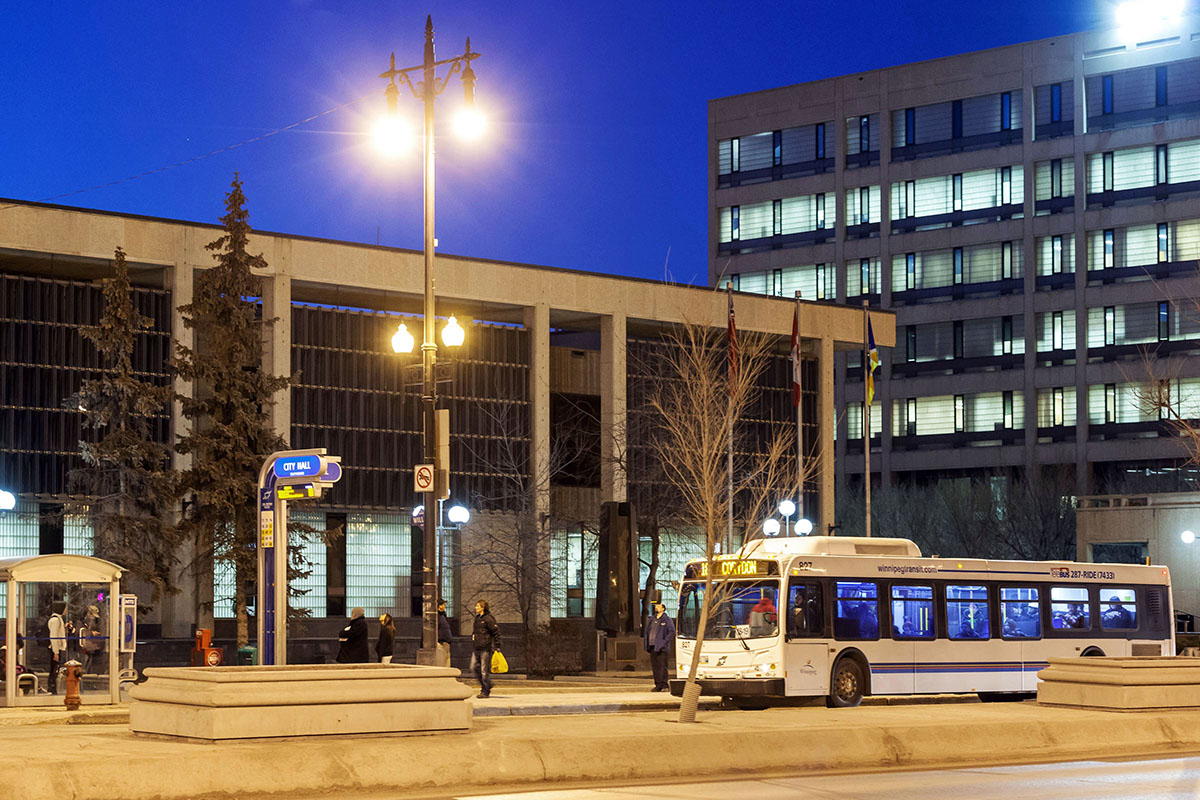At its Oct. 22 meeting, UMSU’s board of directors received a presentation on the ongoing discord between UMFA and the university administration.
Also discussed were the provincial government’s efforts to implement performance-based funding (PBF) for post-secondary institutions. It also passed a motion to oppose the implementation of Respondus Monitor.
UMFA president Michael Shaw and vice-president Orvie Dingwall made a presentation to the board on the current state of negotiations between the university administration and UMFA.
They also asked for UMSU’s assistance in pressuring the university administration to accept binding arbitration.
“UMFA is ready to be at the bargaining table whenever the university is willing to be there,” Dingwall said.
“We will always say yes if they want to meet.”
UMFA’s main concerns centre around equity and compensation for faculty. The previously negotiated contract between the university and UMFA was created under the public services sustainability act, which froze public employee wages for two years and capped wages for the two following years.
The controversial provincial legislation — passed in 2017 and never proclaimed — was declared unconstitutional in June. UMFA said the university is offering a zero per cent increase for the fifth year of the contract.
UMFA voted Monday to authorize a strike vote which will take place over the weekend. If UMFA votes in favour of a strike, a date will be set for its beginning and the university administration will have the opportunity to negotiate with UMFA up until that date to prevent a strike or lockout.
UMSU president Jelynn Dela Cruz stated that UMSU will be penning an open letter to students to assuage any anxieties students may have as a strike vote takes place.
The board also discussed the issue of PBF, which would see the funding of post-secondary institutions tied to key performance indicators such as graduation rates, graduates’ incomes and employment levels post-graduation.
UMSU vice-president advocacy Kristin Smith said the strategy of the recently launched Manitoba Alliance of Post-Secondary Students — which counts UMSU, the Red River College Students’ Association and the University of Manitoba Graduate Students’ Association as members — (MAPSS) is to not directly oppose the implementation of PBF, but to advocate for equity-based performance metrics to implemented.
Riley Shannon — a board representative from the Science Students’ Association — said it seems that thus far, the Manitoba government has not listened to stakeholders in decision-making.
Shannon mentioned the “Tennessee model” the Manitoba government recently revealed it is taking ideas from, saying the model has made it more difficult for “poor folks, low income folks, racialized folks, kind of those [individuals] from the margins to actually get to university and access this education.”
Smith said that MAPSS will be addressing those concerns and asking the provincial government to “ensure that the PBF formula includes strong equity incentives.”
“That means that a portion of their funding is directly tied toward, let’s say, Indigenous student graduation rates, Indigenous student acceptance rates.”
Smith said the provincial government has been “adverse” to working with student groups in some cases, but that communication has improved with this UMSU executive.
She said she believes the Canadian Federation of Students played a role in previously frosty relationships with governments.
“I think it’s no secret that I’m not a fan of the [Canadian Federation of Students]. I think that a reason why the provincial government doesn’t want to engage with students is because the [federation] is the main voice. I think they are incredibly antagonistic. They don’t look at relationship building, and I think if they’re trying to change that now […] they’ve done far, far too much damage.”
She said the method of “putting forward a number of recommendations and seeing what the government’s response to those will be is a responsible way to do this as opposed to just shouting against it and sidelining themselves.”
“If the government gives us […] a big fat middle finger, then […] I’m going to give it back.”





